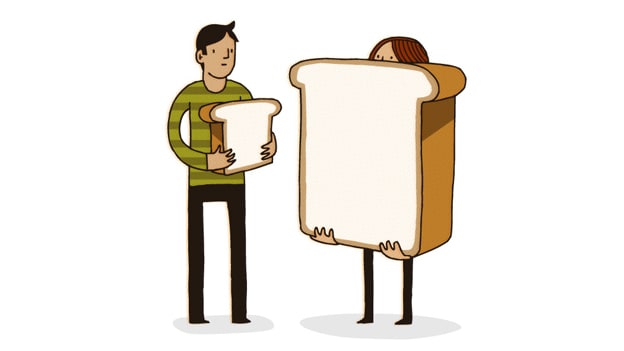Does being the breadwinner make women more happy at home and work?

Women have never had it easy throughout history. Right until the 1970’s, they were shunned out of the economy. Things haven’t changed entirely, but some change is visible at the workplace. However, a lot more remains to be addressed so far as the pay-parity and professional-parity are concerned. But the question remains - are women happier being the breadwinner of the family, both at home and work? Let’s find out.
The general discourse
While doing research on the topic, the first thing to do is take a look at what everyone around the world is talking about. Nine out of ten search results on the first page talk about marital discord when women earn more than men, while only one talks about a study that shows how men are happier when their wives make more than them.
Most researchers, journalists and other social commentators strongly believe that men feel threatened when they lose the status as breadwinner. Studies reveal that in such situations, cases of domestic violence and abuse against women rise. The situation gets worse for women in managerial roles. Almost all studies, journalistic and scholarly articles talk about how this impacts women negatively and affects relationships at home. However, none of these studies talk about how it impacts women and their ‘happiness’ at home and at work when they are the breadwinners.
Times are indeed changing
When someone says times have changed, it would be wrong to dismiss them completely. Things have changed indeed and millennials are leading this change from the front.
Professor Christin Munsch of University of Connecticut conducted a 14-year study of heterosexual men and women to understand how their happiness is affected when women earn more than the men. She collected data from 3,100 respondents between 1996 and 2011, and the results are better than encouraging.
Through her research, Prof. Munsch found that gendered expectations are the biggest reason for men to assume the role of breadwinner. It would be wrong to judge the role of women in their lives (grandmother, mother, sister, and even girlfriends and wives) in reinforcing this gender divide. However, the fact is that millennial men prefer a more egalitarian relationship in general. They prefer to contribute equally and are happy to do so. Professor Munsch’s study also found that in such relationships, both men and women demonstrate a higher satisfaction with their personal life and work, and are generally healthier both physically and mentally. In fact, the study reveals that men who made more than their partners, or were the sole breadwinners had a very low score of mental and physical health, while women reported the opposite. Women who earned more money than their partners or are the sole breadwinners score much higher than women who earned less.
In the end
Being the breadwinner is extremely stressful. While both men and women put in equal amount of sacrifices to maintain their incomes and often fear losing it, women tend to make better choices while doing so. Men are often prone to take on more at work to increase their incomes, while women prefer to delve deeper to weigh their options and the need for doing do. However, the fact is that things are changing for the better as more men and women realize that income is merely a set of numbers and they can make things work at home and office irrespective of what their parents and grandparents think.














